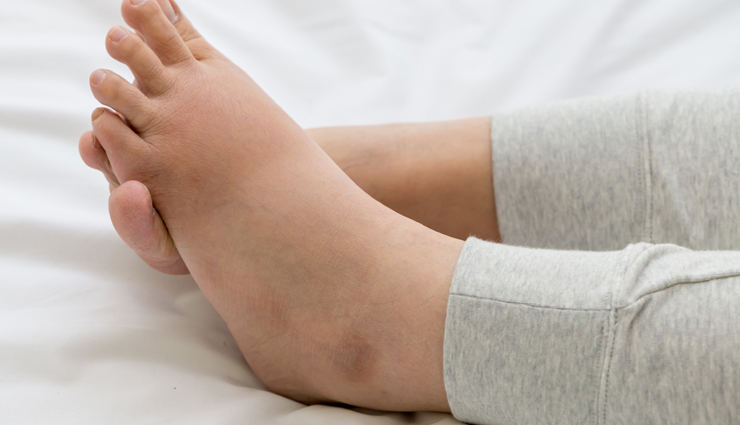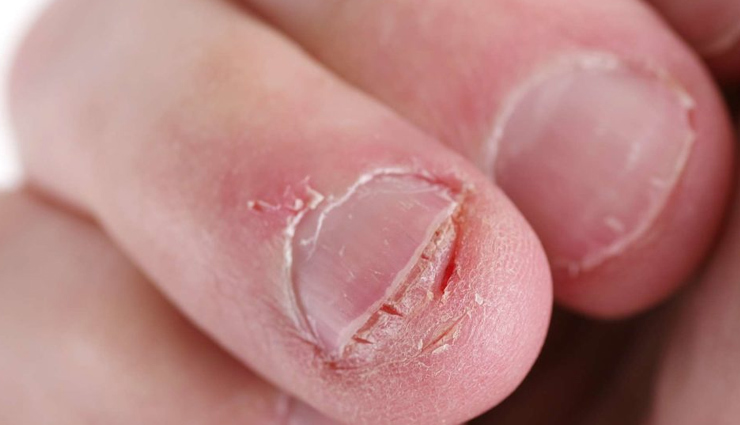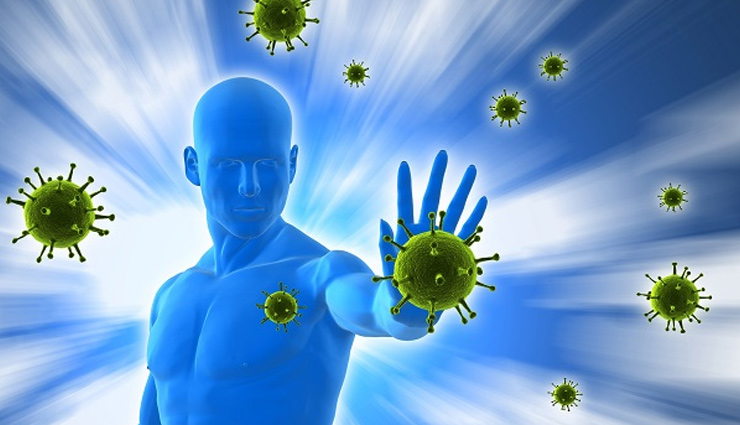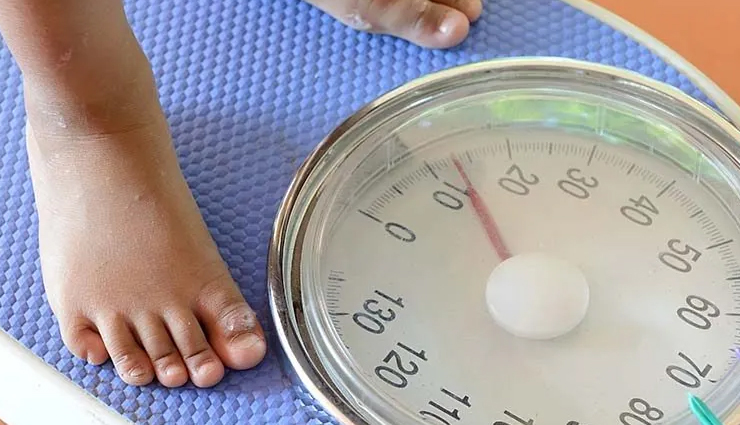- Home›
- Healthy Living›
- 7 Major Signs Of Protein Deficiency In Your Body
7 Major Signs Of Protein Deficiency In Your Body
By: Priyanka Maheshwari Wed, 31 May 2023 7:52:18

Protein is an essential macronutrient that plays a critical role in building and repairing tissues, supporting immune function, and maintaining overall health. However, inadequate protein intake or absorption can lead to protein deficiency, also known as protein malnutrition. Recognizing the signs and symptoms of protein deficiency is crucial for addressing this nutritional concern. In this article, we will explore seven major signs that may indicate protein deficiency in your body and discuss the importance of ensuring sufficient protein intake.

# Muscle Loss and Weakness
Protein is required for muscle development and maintenance. Inadequate protein consumption can result in muscle loss, weakness, and decreased muscular mass. If you observe a decrease in muscular strength, regular muscle tiredness, or difficulties doing daily duties, you may be suffering from protein insufficiency.

# Slow Recovery from Injuries
Protein plays a key role in tissue repair and wound healing. A deficiency in protein can delay the healing process, leading to prolonged recovery from injuries or wounds. If you experience slow healing or notice that minor cuts or bruises take longer to heal, it may be a sign of insufficient protein in your body.

# Edema and Swelling
Protein aids in the maintenance of fluid homeostasis in the body. Inadequate protein consumption might upset this equilibrium, resulting in edoema (fluid retention and swelling). Swelling may occur in many different places of the body, including the hands, feet, ankles, and face. If you have inexplicable or chronic swelling, it might be due to a protein shortage.

# Hair, Skin, and Nail Issues
Protein is essential for healthy hair, skin, and nails. Insufficient protein intake can result in hair loss, thinning, brittle nails, and dry, flaky skin. If you notice significant changes in the quality of your hair, skin, or nails, it could be a sign of protein deficiency.

# Fatigue and Lack of Energy
Protein is a vital source of energy for the body. Inadequate protein intake can lead to persistent fatigue, low energy levels, and a general feeling of weakness. If you frequently feel tired, lack energy, or experience difficulty concentrating, it may be due to insufficient protein consumption.

# Weakened Immune System
Protein plays a crucial role in supporting immune function. A deficiency in protein can weaken the immune system, making you more susceptible to infections, frequent illnesses, and delayed recovery from illnesses. If you find yourself falling sick often or having difficulty fighting off infections, it may be a sign of protein deficiency.

# Poor Growth and Development (in children)
Protein is very crucial for children's growth and development. Protein deficiency in children can result in stunted growth, delayed development, and inadequate weight gain. Protein insufficiency may be a factor in a child's failure to fulfil growth milestones or showing indicators of developmental delays.





